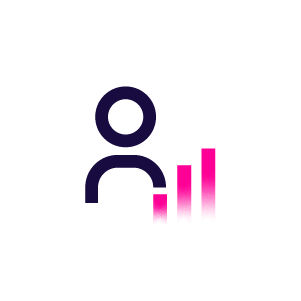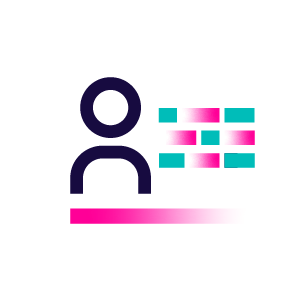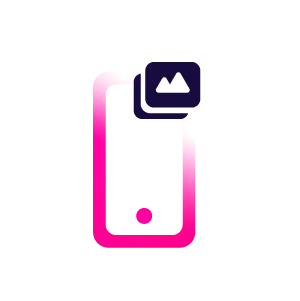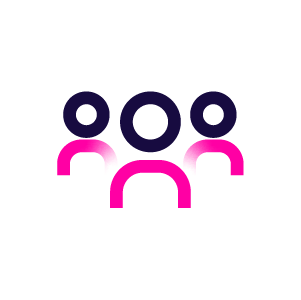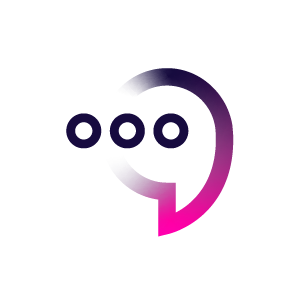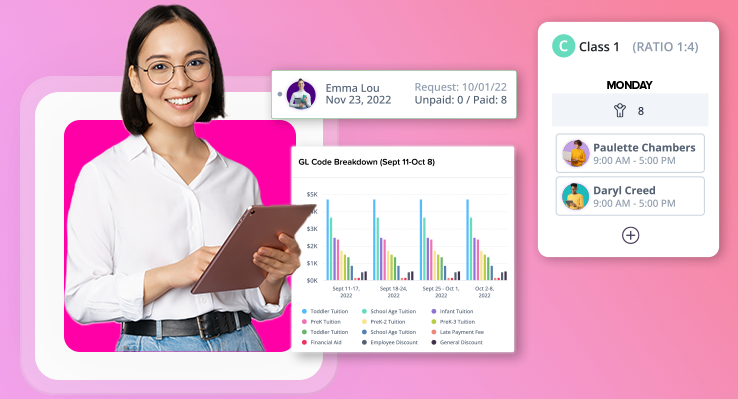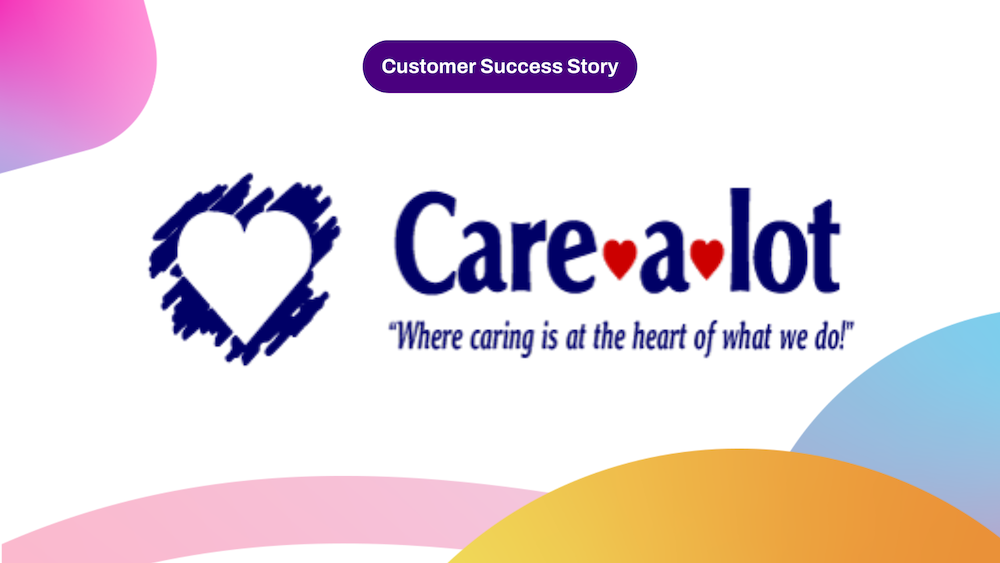Maintaining a healthy work-life balance is crucial for everyone, but it can be especially challenging for early educators. The demands of being a childcare provider often lead to long hours, high stress levels, and lack of self-care. However, by implementing effective strategies and prioritizing personal well-being, early educators can create a balance between work and personal life. In a recent webinar, ECE coach, Anisha Angella, shared twenty practical tips to help early educators establish a fulfilling work-life balance.
Tips to Establish Work-Life Balance as a Childcare Provider
1. Establish Boundaries
Setting clear boundaries between work and personal life is essential. Define specific hours for work and commit to sticking to them. Avoid taking work-related calls or responding to emails during your personal time.
2. Take Time Off and Vacation
Remember that time off is essential for recharging and rejuvenating. Plan regular vacations and allocate time for relaxation without feeling guilty about it. Disconnecting from work will allow you to return with renewed energy and focus.
3. Delegate Tasks
Don't be afraid to delegate tasks to capable colleagues or assistants. Sharing responsibilities not only lightens your workload but also helps develop teamwork and collaboration among your peers.
4. Implement the Two T's: Trust or Train
If delegation doesn't seem feasible, consider either trusting others to take over certain tasks or investing time in training someone to assist you effectively. Empowering others will enable you to focus on essential aspects of your role.
5. Improve Organizational Skills
Sometimes, organization is the culprit. Take the time to improve your time management and organizational skills. Establish efficient systems for lesson planning, paperwork, and classroom management to minimize stress and increase productivity.
6. Re-define Rest
Understand that rest doesn't always mean complete inactivity. Engage in activities that relax and recharge you, such as reading, practicing hobbies, spending time with loved ones, or pursuing self-care practices like yoga or meditation.
7. Be Intentional with Breaks
During your workday, take regular breaks to prevent burnout and boost productivity. Use these breaks to step away from your workspace, stretch, or engage in brief moments of relaxation.
8. Recognize Signs of Burnout
Educators are prone to burnout due to the demands of their profession. Be aware of warning signs such as chronic fatigue, irritability, or reduced job satisfaction. Taking action at the early stages can prevent burnout from escalating.
9. Create a Balanced Environment within Your Team
Encourage open conversations about work-life balance among your colleagues. Foster a supportive environment where team members can share strategies, offer support, and collectively prioritize well-being.
10. Challenge the Guilt
Let go of the guilt associated with taking time for yourself. Remember that self-care is not selfish but essential for your overall well-being. By prioritizing your needs, you become better equipped to support others effectively.
11. Identify Activities that Reduce Stress
Discover what activities make you feel joyful, relaxed, and fulfilled. Engage in these activities regularly, both inside and outside the workplace, to maintain a positive mindset and reduce stress levels.
12. Resist the Need for Perfectionism
Acknowledge that perfectionism is unattainable and can lead to undue stress. Strive for excellence, but also accept that mistakes and imperfections are part of the learning process.
13. Promote Work-Life Balance
Lead by example and actively promote work-life balance within your organization. Encourage flexible scheduling, support initiatives that prioritize employee well-being, and advocate for policies that foster a healthy work-life balance.
14. Rediscover and Reconnect with Your Passions
Rekindle your interests and hobbies outside of work. Engaging in activities you are passionate about can help you maintain a sense of fulfillment and restore balance to your life.
15. Advocate for Restructuring
When possible, advocate for changes within your organization to support work-life balance. This may involve proposing flexible work arrangements, creating supportive policies, implementing a childcare software to automate tasks, or promoting wellness programs.
16. Seek Professional Help
If you find yourself struggling with work-life balance or experiencing prolonged stress, don't hesitate to seek professional assistance. Counselors, therapists, or life coaches can provide valuable guidance and support.
17. Let Go of the 50/50 View
Recognize that work-life balance is subjective and unique to each individual. Strive to find the right balance that works for you, even if it doesn't conform to traditional expectations.
18. Be Willing to Adjust
Life is dynamic, and your work-life balance needs may evolve over time. Be adaptable and willing to adjust your routines and priorities as life circumstances change.
19. Define Balance for Yourself
Take the time to reflect on what work-life balance truly means to you. Define your own parameters, values, and boundaries, and make conscious choices that align with your vision of a balanced life.
20. Find Purpose in Work and Life
Finally, remember that work-life balance is not solely about time allocation; it's about finding meaning and purpose in both aspects of your life. Nurture your passions, cultivate relationships, and strive for a fulfilling career that brings you joy and personal growth.
As an early educator, achieving work-life balance may seem challenging, but it is within your reach. By implementing these twenty tips and making self-care a priority, you can establish a harmonious equilibrium between your professional responsibilities and personal well-being. Remember, finding a meaningful work-life balance is essential for your overall happiness, productivity, and long-term success in the field of education.
About Anisha
Anisha Angella is an Early Childhood Education (ECE) coach and expert who has been in the industry for over 14+ years. With a degree in Early Childhood Education Studies, Anisha has held many roles over the years. She has led childcare programs, taught college programs, and worked as a senior manager overseeing 45+ childcare locations. She is also the CEO and Founder of her business, "The Early Childhood Coach + Co" — a powerhouse for all things childcare consulting, coaching, and training. Her success has allowed her to gain exposure through Breakfast Television, Authority Magazine and The Today Show. Anisha wants to see other members of the ECE community succeed and loves to share her wealth of knowledge through speaking at a variety of events. Anisha’s speaking engagements focus on diversity in ECE, leadership, mental health and burnout in ECE, and effective communication with parents and staff. She has spoken at over 300+ events worldwide and is always looking forward to her next engagement.
Kangarootime brings childcare together with all of the tools centers need to succeed. One, easy-to-use system helps ECE professionals run their business more efficiently while optimizing their classrooms, connecting with families, and empowering staff. Our passionate team of industry experts has a heart for learning and is committed to being a partner to the childcare community. We’ve been serving providers since 2015 and together, we’re advancing childcare forward. To learn more, visit kangarootime.com.
